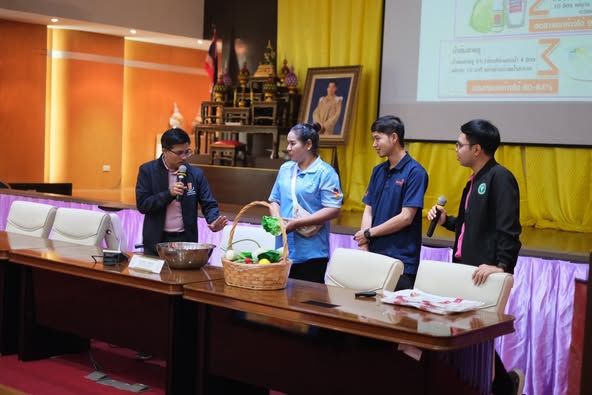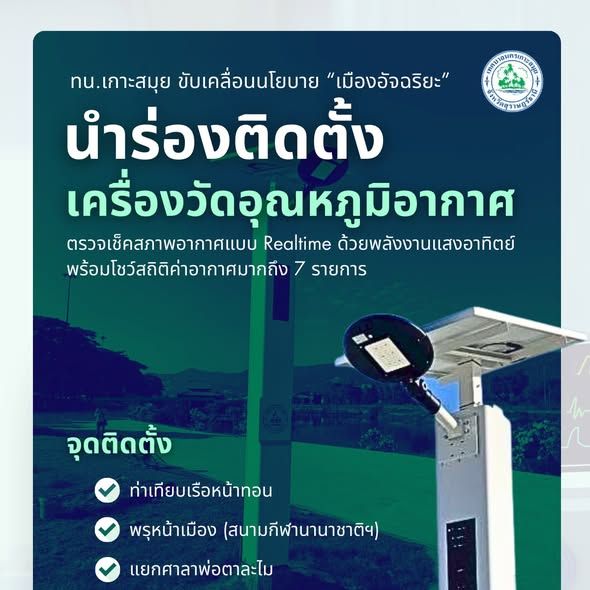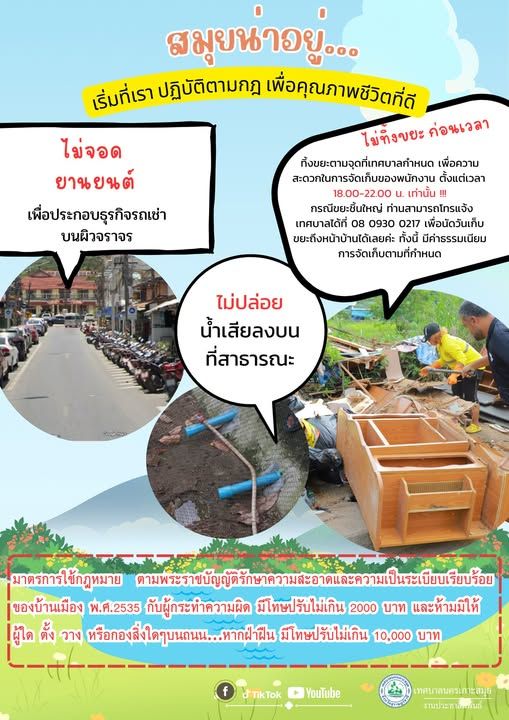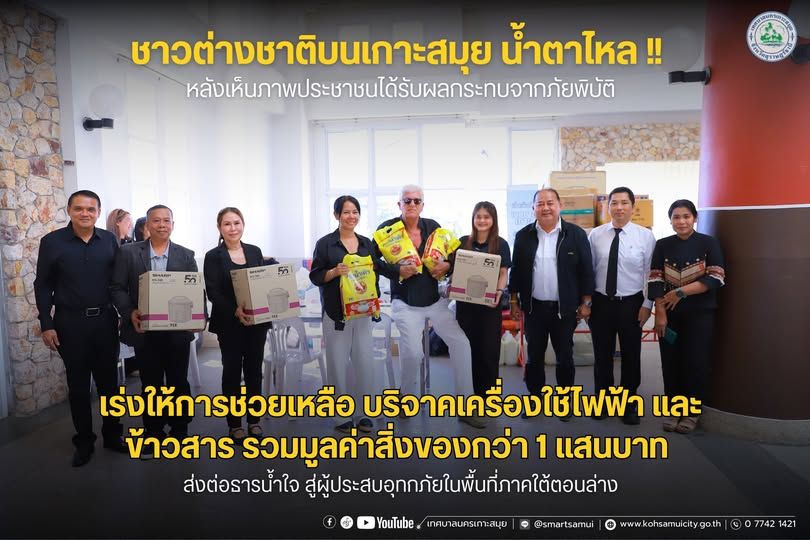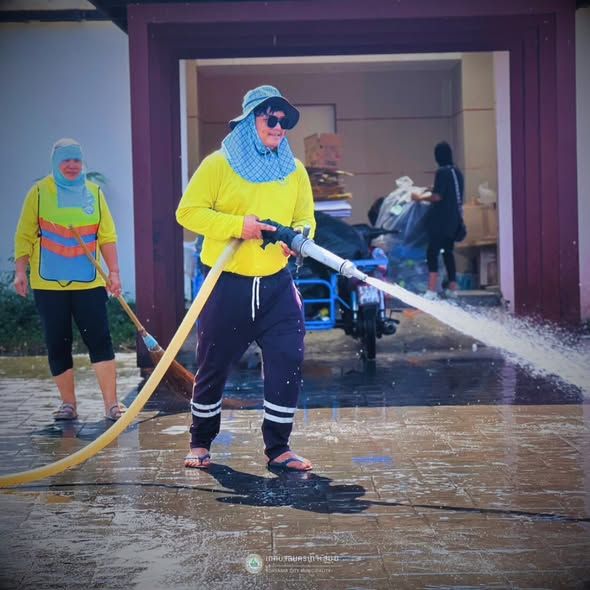Ko Samui is committed to safe and delicious food! Recently, food handlers received vital training to ensure public health, making the island an even better destination for everyone.
KoSamui #SamuiSafeFood #FoodSafety #Thailand #TravelThailand #IslandLife #DeliciousAndSafe #ThaiFood #Tourism #SustainableTourism
Overview of the Training Event
On July 22, 2025, a comprehensive training session was held at the Phet Samui Meeting Room within the Ko Samui Municipality Office. This event, part of the Samui Safe Food City Project for the fiscal year 2025, was designed to educate entrepreneurs and workers involved in food handling on essential food sanitation practices. The initiative targeted individuals working in various sectors, including food retail establishments, hotels, local markets, food carts, and any interested parties within Ko Samui Municipality.
Objectives and Significance
The primary purpose of this training was to provide attendees with up-to-date knowledge on food sanitation, equipping them with the skills necessary to maintain high hygiene standards in their work environments. By ensuring that food handlers understand and implement proper sanitation practices, the project aims to minimize the risk of food contamination. This not only protects public health but also enhances consumer confidence, an important factor for both local residents and the growing number of tourists visiting Ko Samui.
Panel of Experts and Topics Covered
The session featured a panel of distinguished experts:
– Mr. Somphong Saladkaew, a Public Health Technical Specialist
– Mr. Ekawat Nopparat, a Public Health Practitioner from the Surat Thani Provincial Public Health Office
– Ms. Pornsiri Sukkhaew, Director of the Public Health and Environment Division, Phet Phangan Subdistrict Municipality
These experts provided lectures and interactive discussions on critical topics, including:
– Basic principles of food sanitation
– Methods to prevent foodborne illnesses
– Safe food storage and preparation techniques
– Personal hygiene standards for food handlers
– Effective cleaning and maintenance of kitchen equipment and food contact surfaces
Target Groups and Stakeholder Engagement
The training welcomed a diverse group of participants, reflecting the broad scope of Ko Samui’s food service industry. Stakeholders included owners and staff from restaurants, hotels, open-air markets, food carts, as well as individuals with an interest in improving food safety standards.
Broader Impacts on the Community and Tourism
By raising the level of food safety knowledge among local food handlers, the Samui Safe Food City Project contributes to overall public health and safety. A well-implemented food sanitation standard not only helps prevent outbreaks of foodborne diseases but also reassures visitors about food safety on the island. This is particularly significant as Ko Samui continues to develop as a key destination for both domestic and international tourists.
Continuing Education and Future Initiatives
The event forms part of ongoing efforts by the Ko Samui Municipality to create a sustainable and safe food ecosystem. Additional training sessions, regular assessments, and public awareness campaigns are planned to reinforce the importance of food sanitation and to ensure continuous improvement in hygiene standards across all food service outlets on the island.
Support and Collaboration
The success of this training activity underscores the importance of collaboration between municipal authorities, public health experts, and the local business community. Such partnerships are essential in driving initiatives that promote health, safety, and economic growth within the community.
Frequently Asked Questions
Frequently Asked Questions (FAQ)
What was the primary goal of the Samui Safe Food City Project’s training for food handlers?
The main goal was to educate food handlers—including those in restaurants, hotels, markets, and food carts—on essential food sanitation practices. This training aimed to improve public health by minimizing the risk of food contamination and increasing consumer confidence in Ko Samui’s food services.
Who led the training and what topics were covered?
A panel of distinguished public health experts, including Mr. Somphong Saladkaew, Mr. Ekawat Nopparat, and Ms. Pornsiri Sukkhaew, led the session. Topics included basic food sanitation principles, prevention of foodborne illnesses, safe food storage and preparation, personal hygiene for food handlers, and proper cleaning of kitchen equipment.
How does this training benefit Ko Samui’s community and tourism industry?
By raising food safety standards, the training helps protect both residents and visitors from foodborne illnesses. This commitment to food safety enhances Ko Samui’s reputation as a safe and attractive destination for tourists, supporting sustainable tourism and local economic growth.
